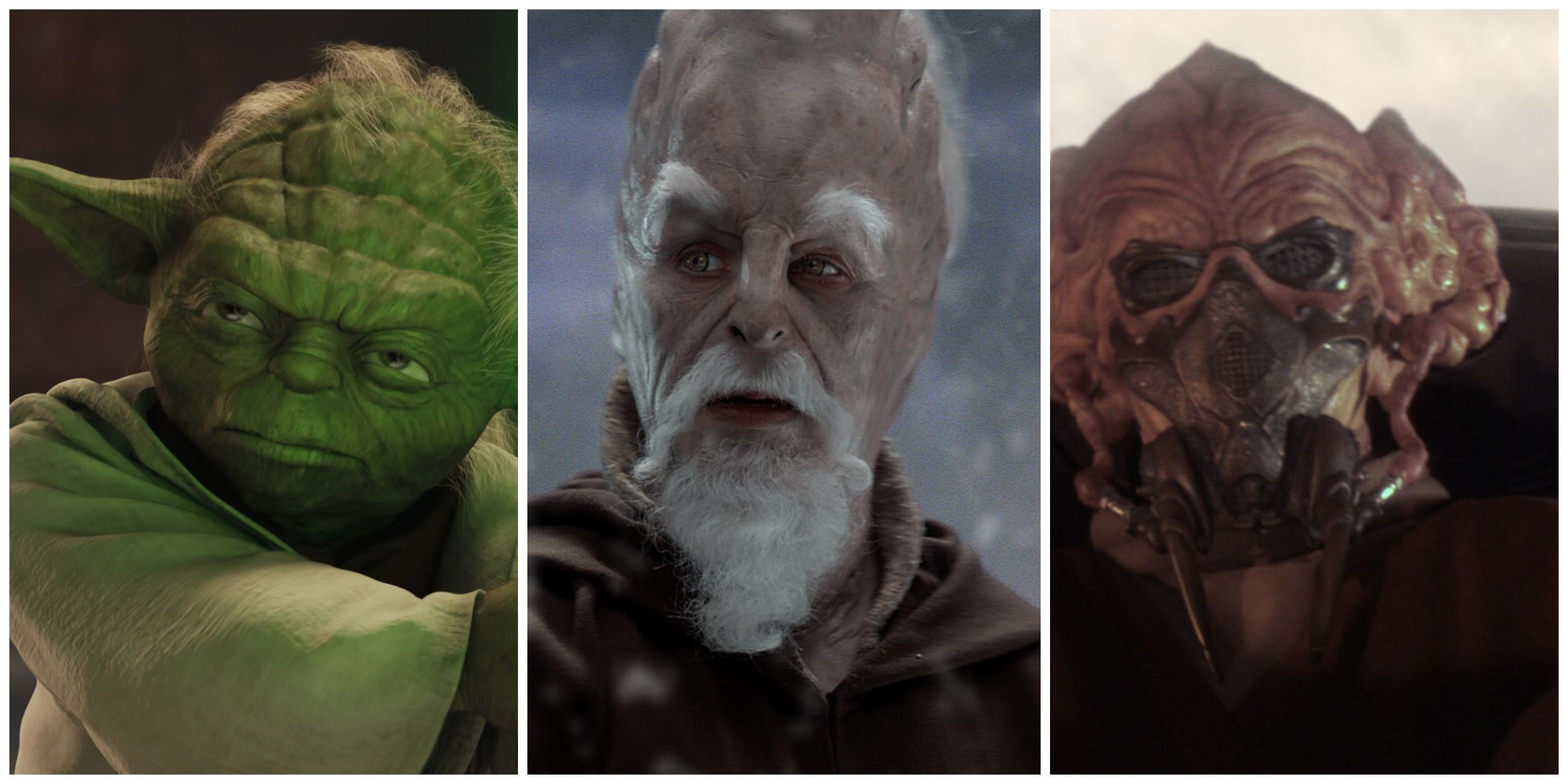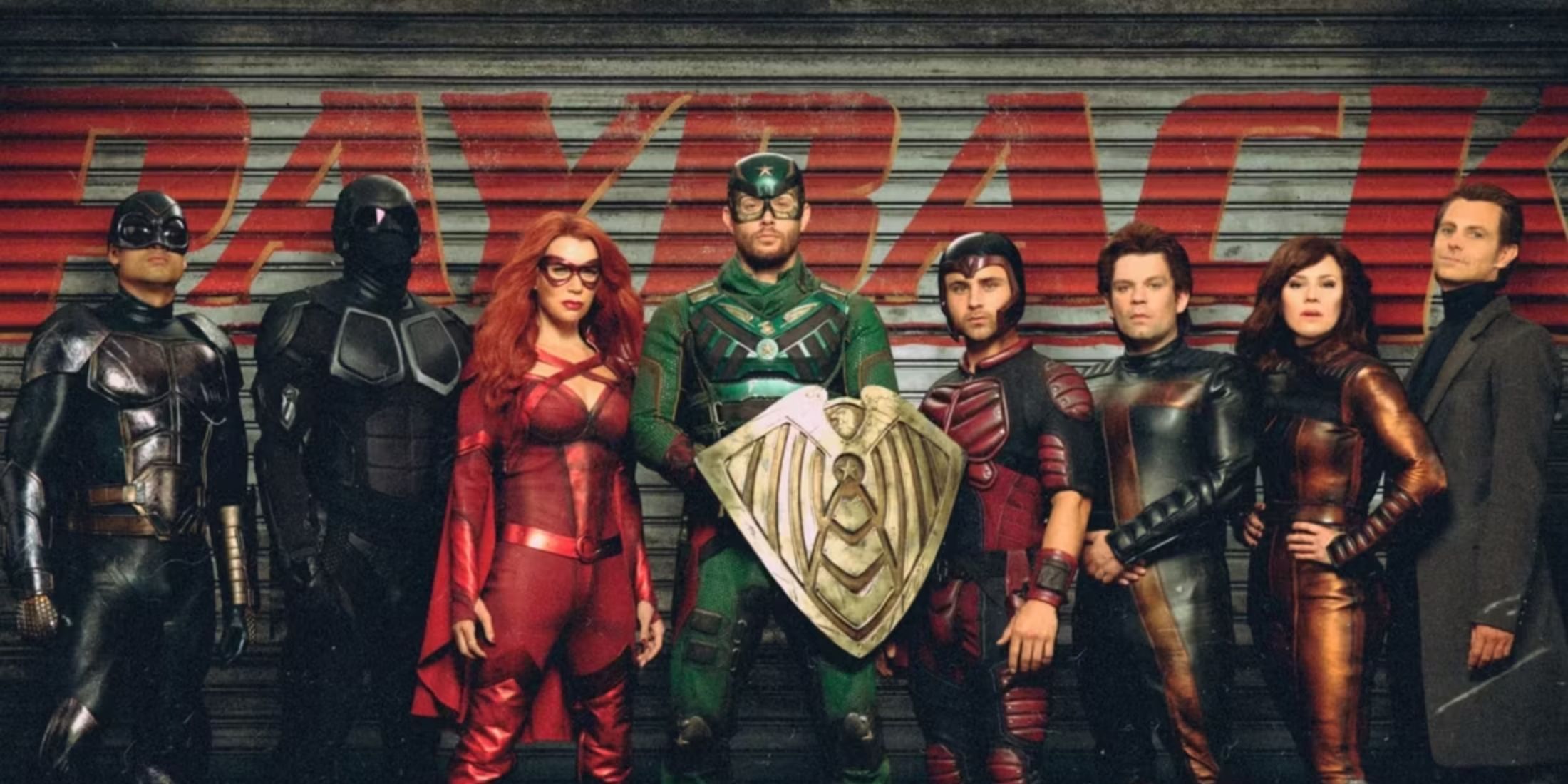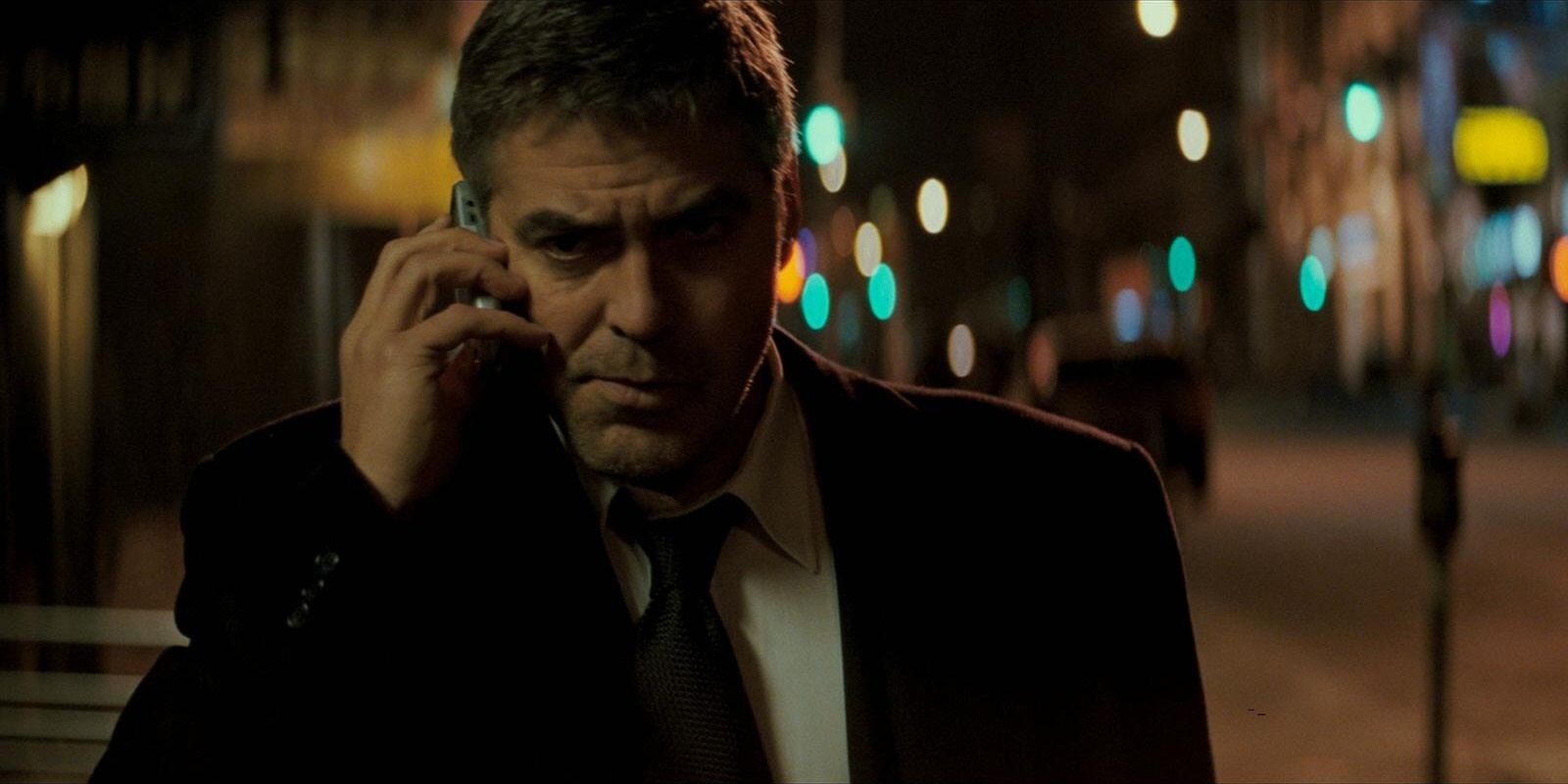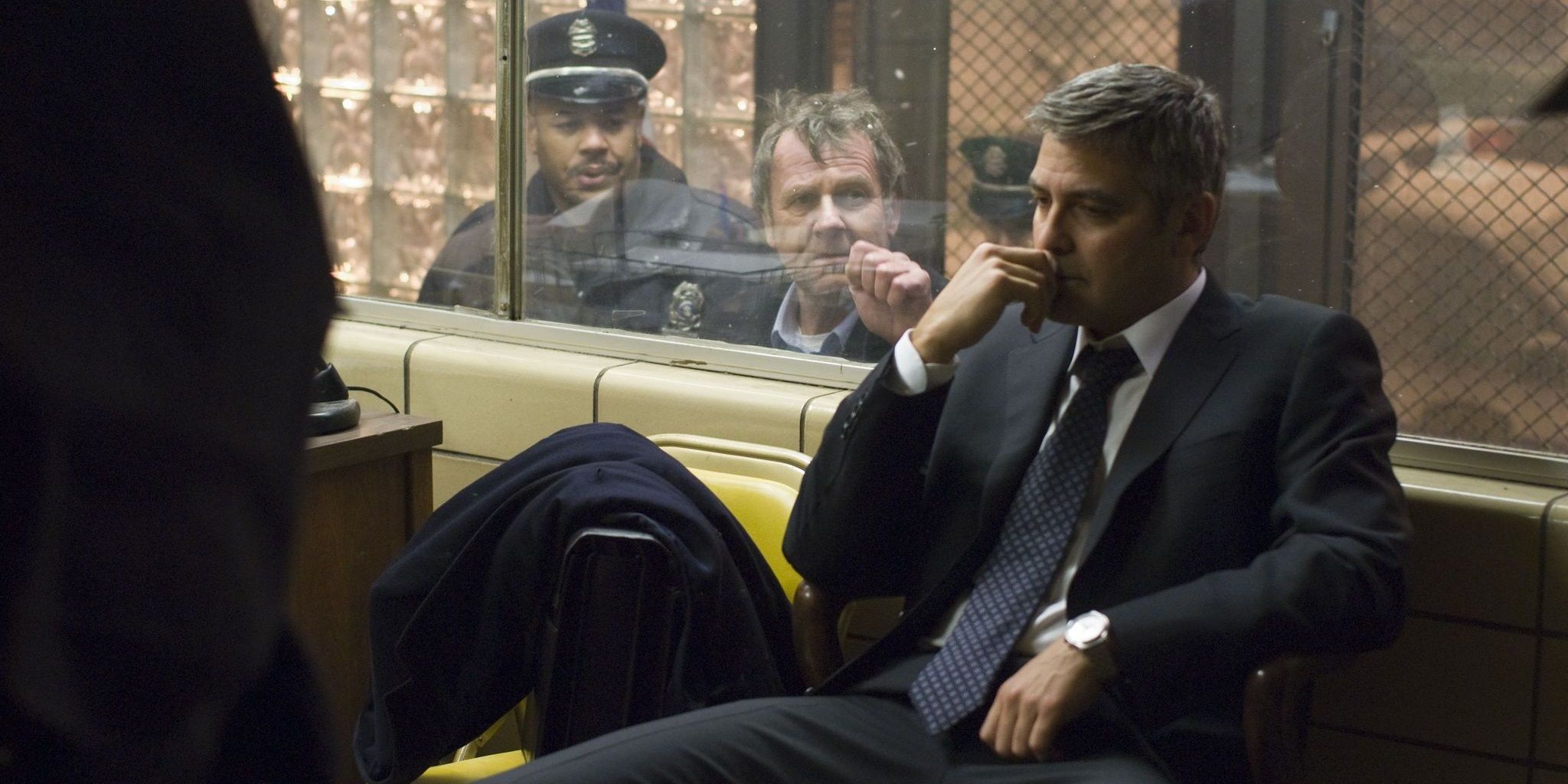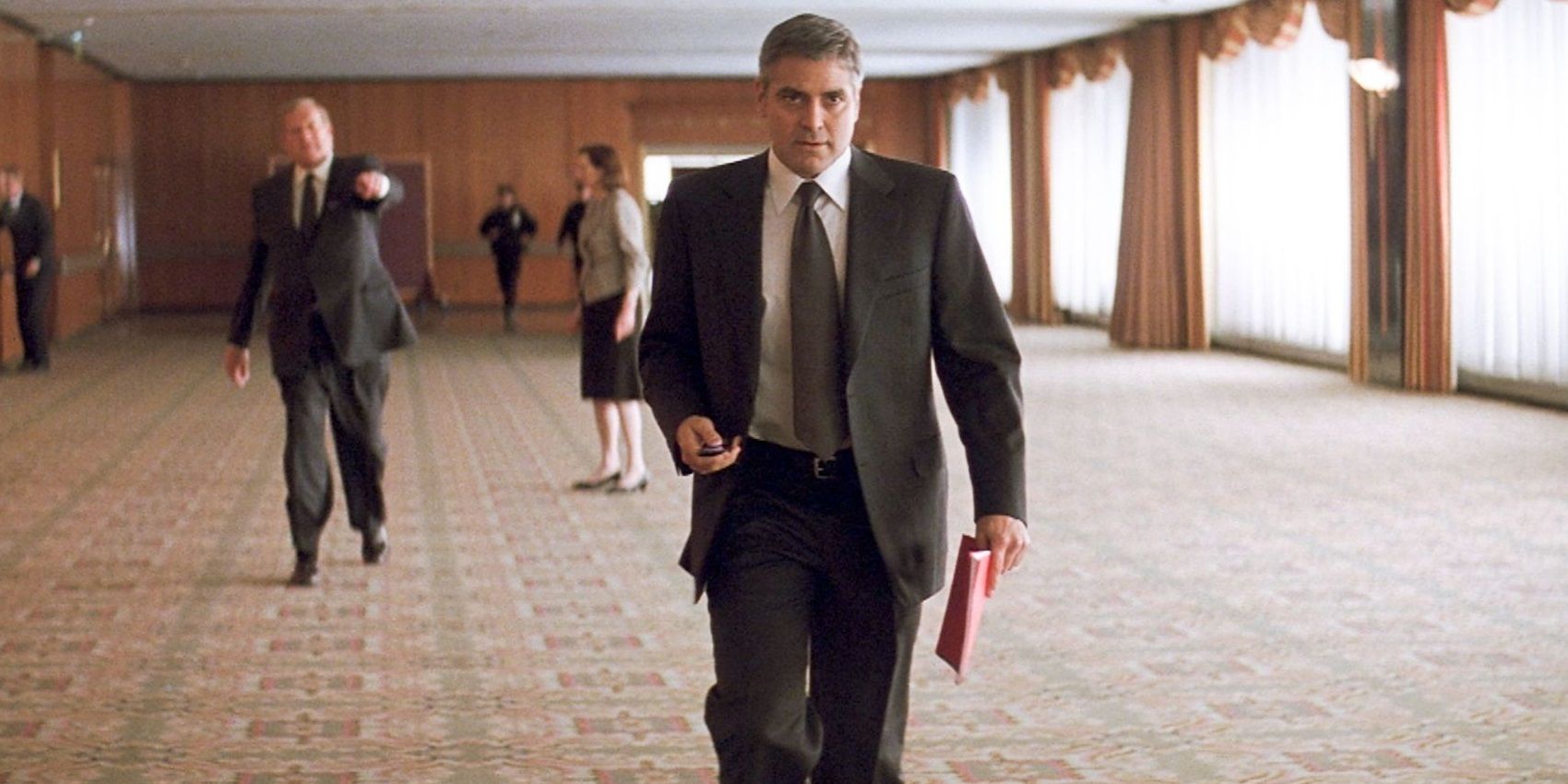Last year saw the release of three live-action Star Wars series: one about Boba Fett, one about Obi-Wan Kenobi, and one about forgotten Rogue One supporting character Cassian Andor. Out of those three, no one expected the latter to be the most thrilling, well-crafted, and engaging of the bunch, but Andor ended up being one of the greatest pieces of Star Wars media ever produced. Even if it had no connections to a galaxy far, far away, Andor would still be one of the best TV shows on the air. It’s a gripping political drama about the cost of rebellion and the sacrifices necessary to take down an oppressive dictatorship; it just happens to be told through the lens of the Rebel Alliance and their efforts to overthrow the Galactic Empire.
Part of what made Andor so great is that series creator Tony Gilroy doesn’t have any particular reverence for the Star Wars franchise. He wasn’t interested in peddling cheap fan service or nostalgically fawning over Star Wars’ past; he simply wanted to tell a great story about resistance fighters getting their hands dirty to fund their struggle against the bureaucratic forces in charge of the galaxy. Star Wars fans who enjoyed the twisty plotting and morally gray characters of Andor should check out Gilroy’s directorial debut. Michael Clayton is a riveting legal thriller starring George Clooney as a law firm’s resident fixer.
Whenever the powerful New York law firm Kenner, Bach, and Ledeen wants a problem swept under the rug, like a hit-and-run involving a high-paying client, they call in Clayton. Clayton uses his shady connections and knowledge of legal loopholes to make these problems go away. He refers to himself as a “janitor,” cleaning up the firm’s messes. When one of the firm’s top attorneys has a manic episode in the middle of a deposition, Clayton stumbles upon a corporate conspiracy that even he might not be able to handle. After he learns that agrochemical company U-North is covering up hundreds of deaths from its carcinogenic weed killer, they send a couple of hitmen to take “drastic measures” to ensure his silence.
Clooney gives one of the best performances of his career as Clayton, anchoring the movie with his usual blend of mesmerizing star power and understated pathos, and he’s backed up by some of the finest actors in the world. Tom Wilkinson brings a startling believability to attorney Arthur Edens’ mental breakdown, and the late, great Sydney Pollack appears in his penultimate film role as Clayton’s grumpy boss, Marty Bach, managing partner at Kenner, Bach, and Ledeen. Tilda Swinton provides real depth and humanity as one of the film’s most amoral characters, Karen Crowder, a legal counsel at U-North who will go to extreme lengths to protect the company’s bottom line (including having Clayton killed). Clooney and Wilkinson were nominated for Oscars for their performances in Michael Clayton, and Swinton deservingly won Best Supporting Actress for her turn as Karen.
Gilroy’s most famous work outside of Star Wars is co-writing the scripts for the first four Bourne films (and directing the fourth one, The Bourne Legacy, which replaced Matt Damon with Jeremy Renner) and there are interesting parallels between the visceral thrills of the Bourne franchise and Michael Clayton. The latter is just as captivating as the shaky-cam spy series without resorting to gunplay or gratuitous fight scenes to draw viewers to the edge of their seats. Clayton is a lawyer, not a secret agent, but the stakes of his world are just as high. With contract killers on his tail, it’s still a matter of life and death – but the threat of death is built on unscrupulous shareholders protecting their wealth.
Stylistically, Michael Clayton feels like a throwback to the gritty thrillers of the 1970s. It has the paranoia of Klute, the bleakness of Point Blank, the moral ambiguity of Serpico, and the low-key corporate satire of Being There. The rich, life-like cinematography by Robert Elswit puts the audience in Clayton’s shoes every step of the way. Michael Clayton evokes the subtle, sophisticated photography of ‘70s lenser Gordon Willis with the same stunning naturalism as Elswit’s Oscar-winning work on There Will Be Blood (shot in the same year).
What made Andor resonate with audiences across the world is its tale of a courageous individual standing up to a corrupt institution. Cassian is harassed, persecuted, and falsely imprisoned by Imperial forces, and when he’s finally had enough, he galvanizes a bunch of other maltreated citizens to fight back. Michael Clayton finds himself in a similar situation, up against a crooked chemical conglomerate that would gladly have him killed to protect its own corporate interests. Like Cassian, the odds are stacked against Clayton, and like Cassian, he doesn’t let that stop him from doing the right thing.

